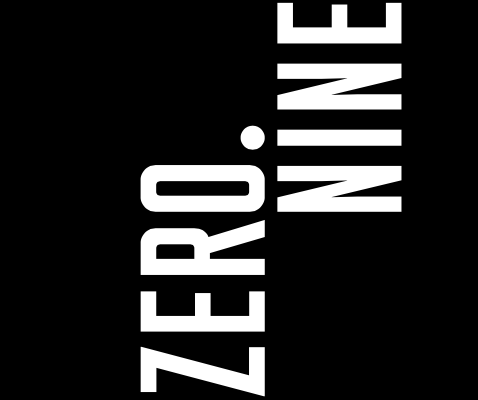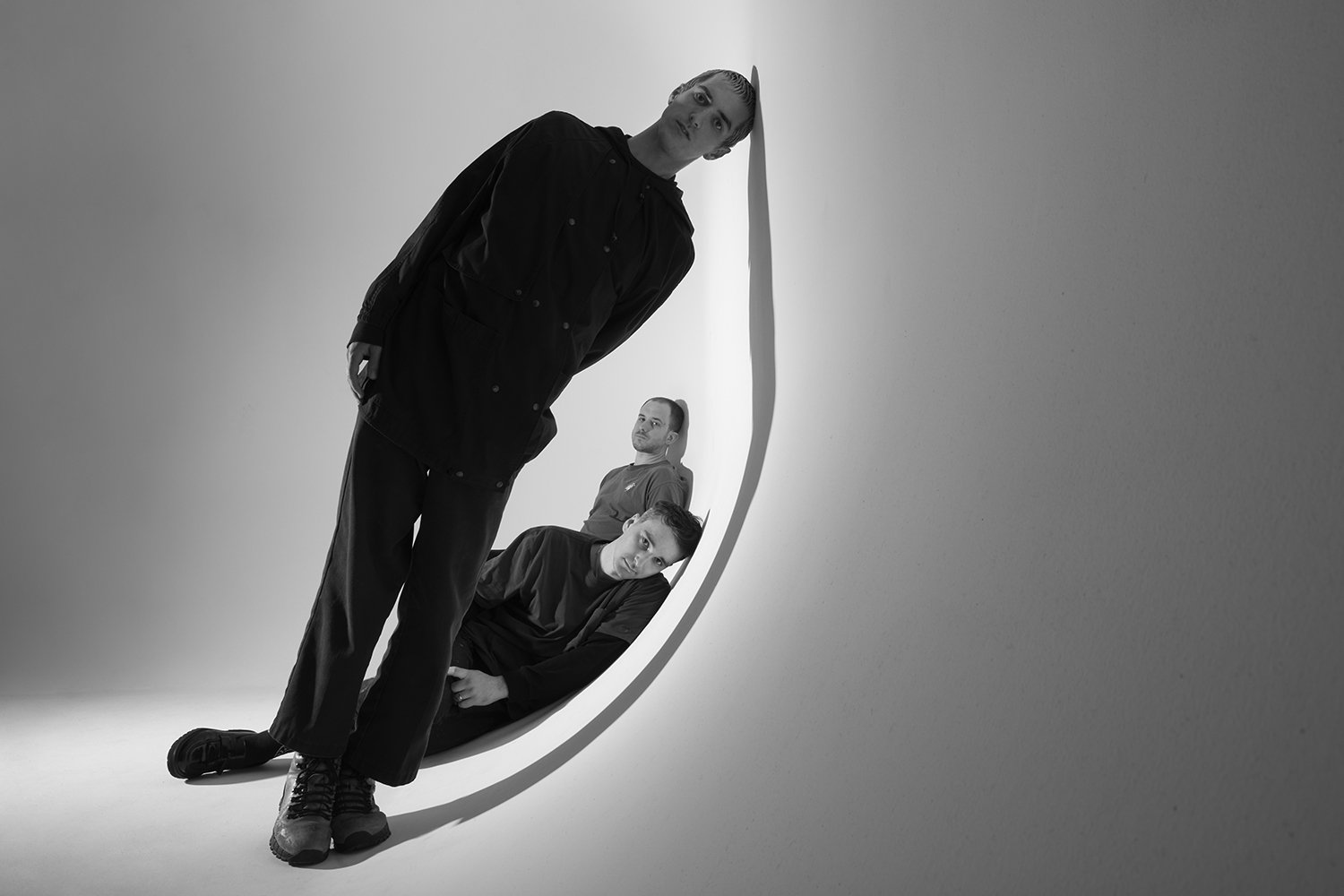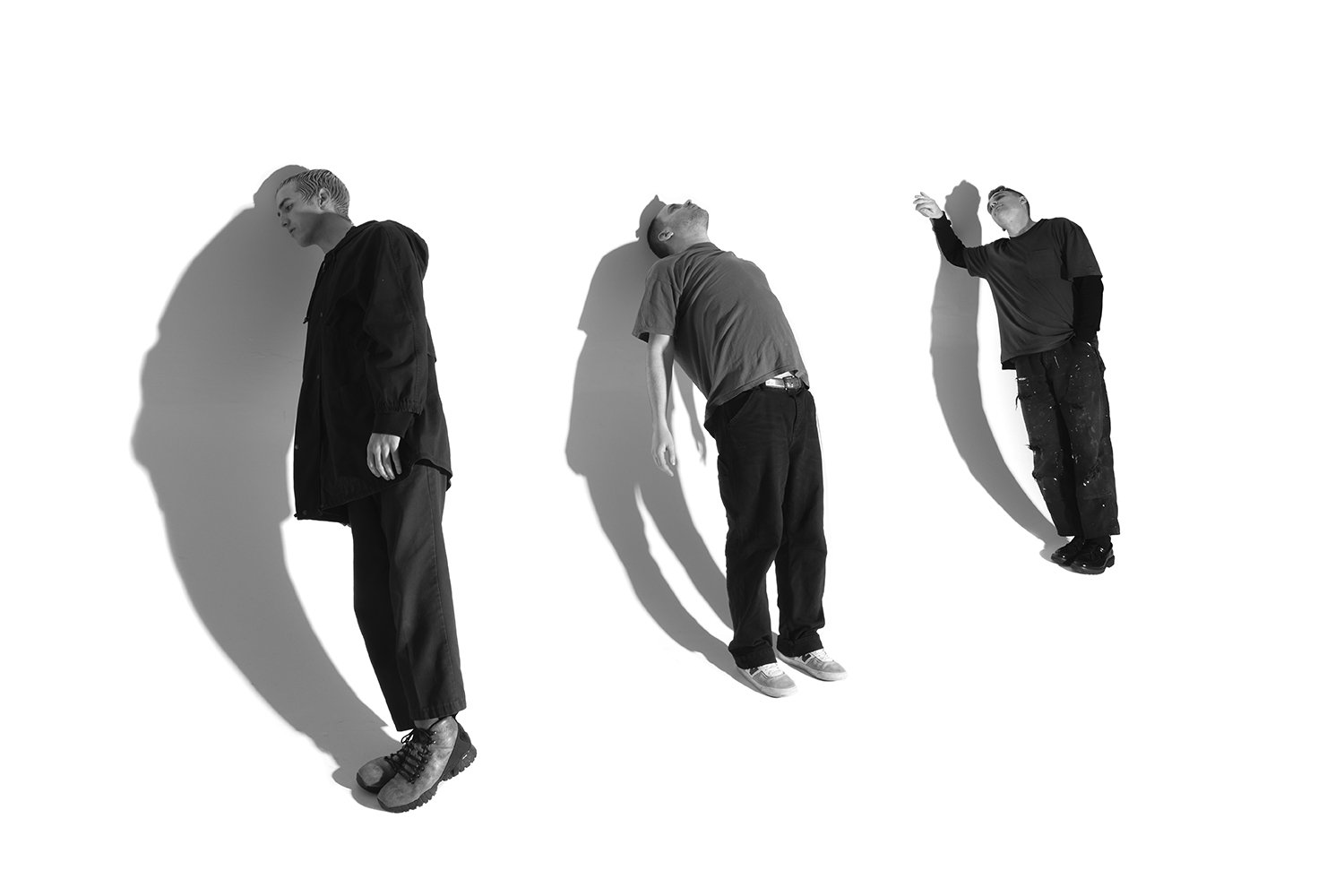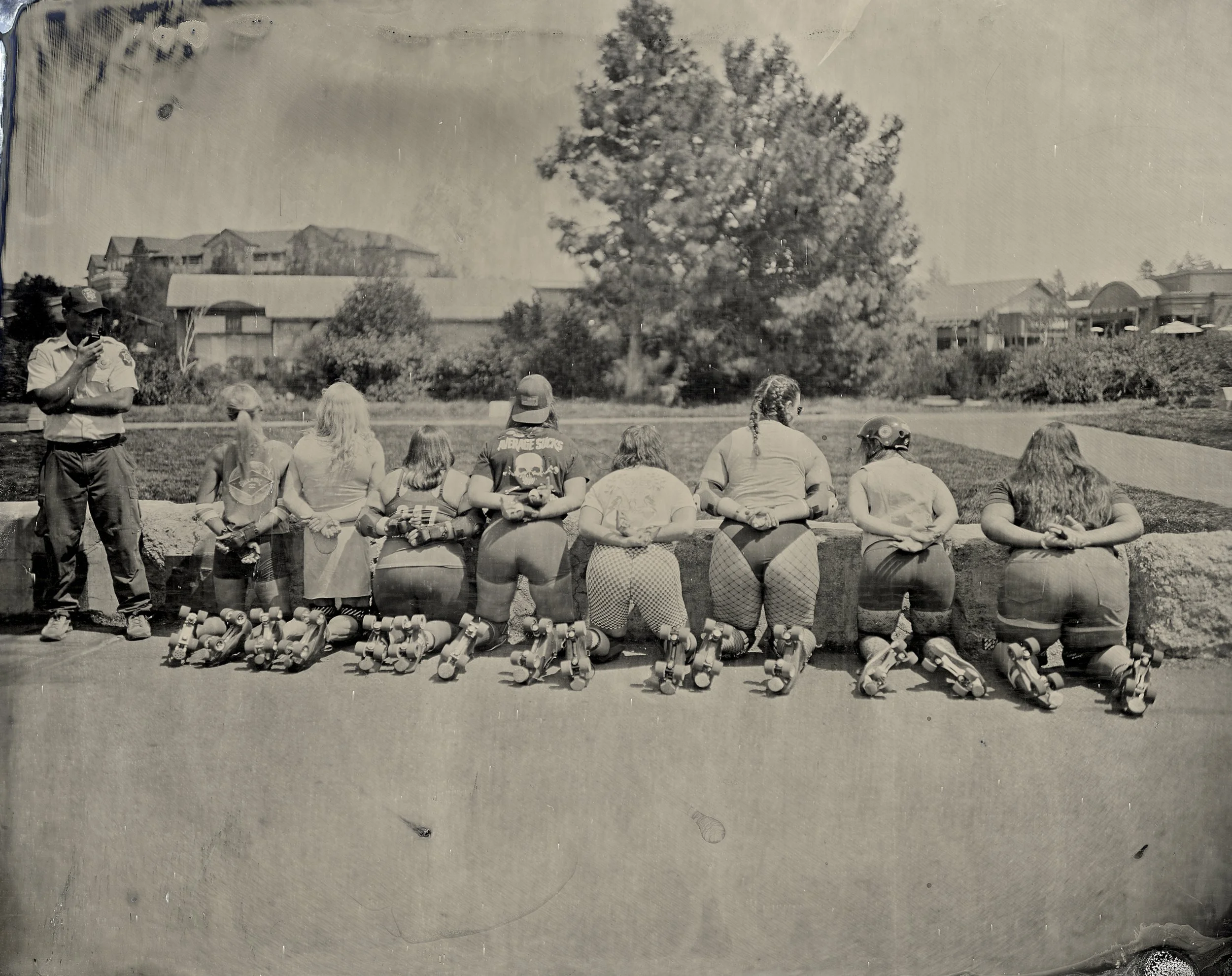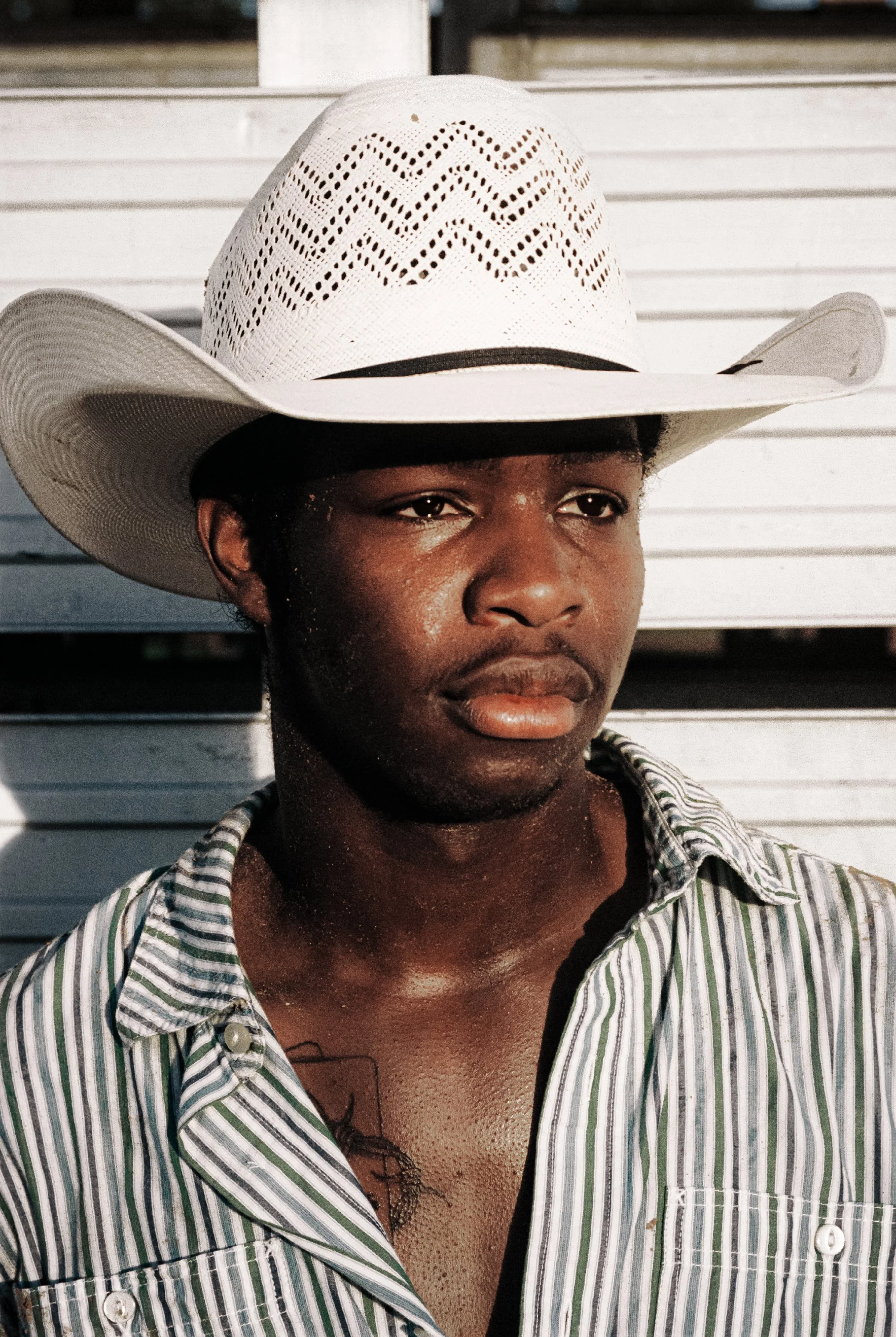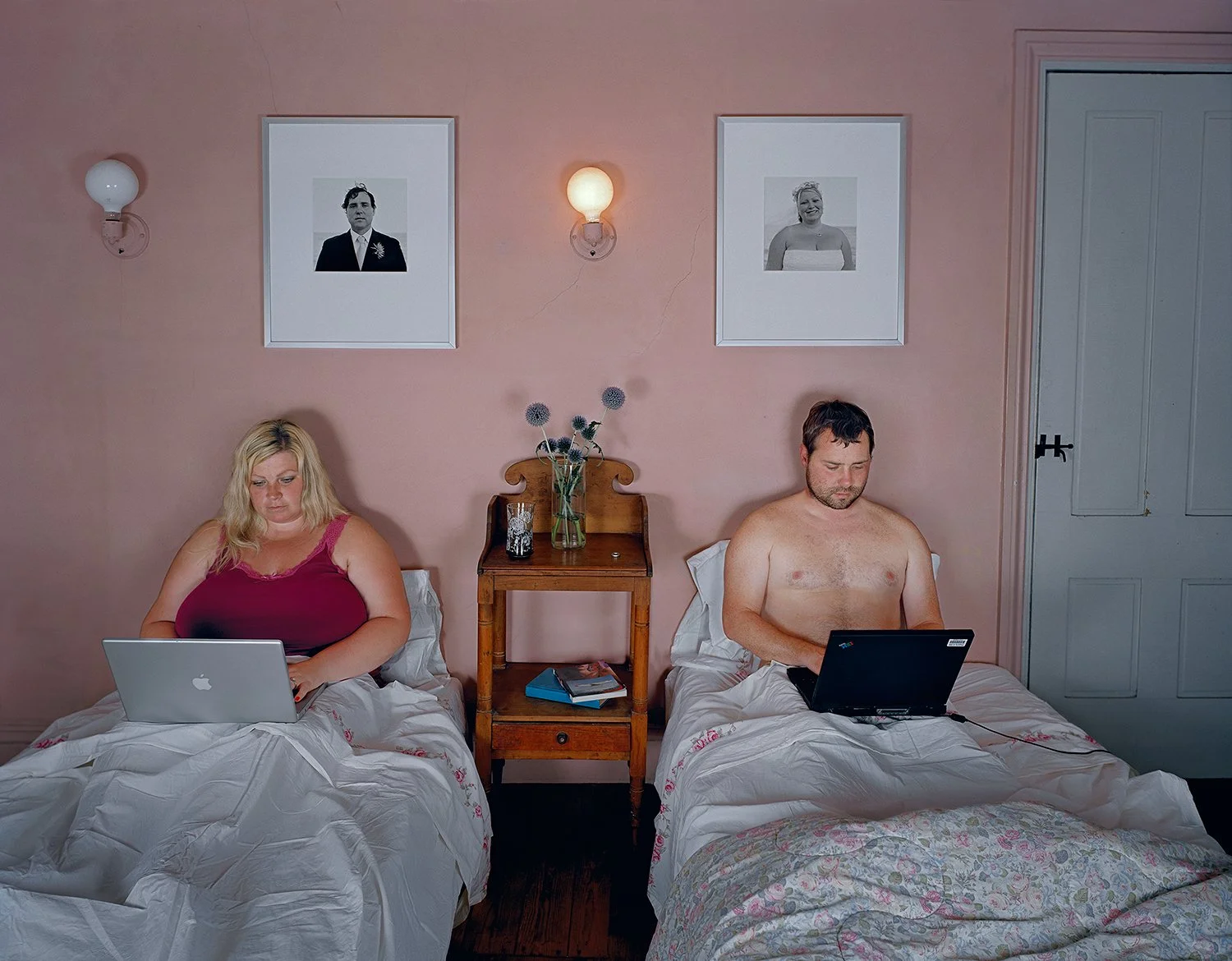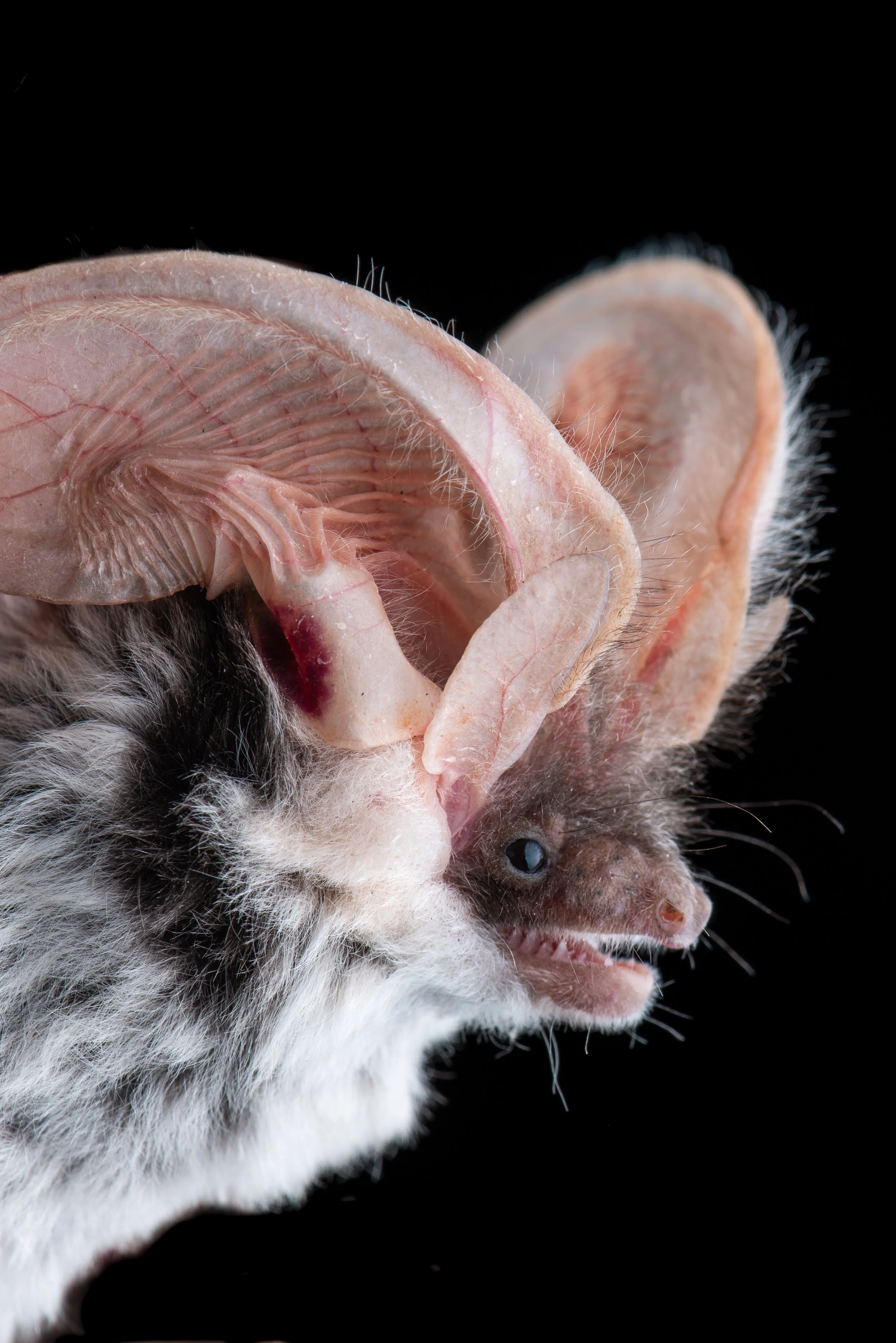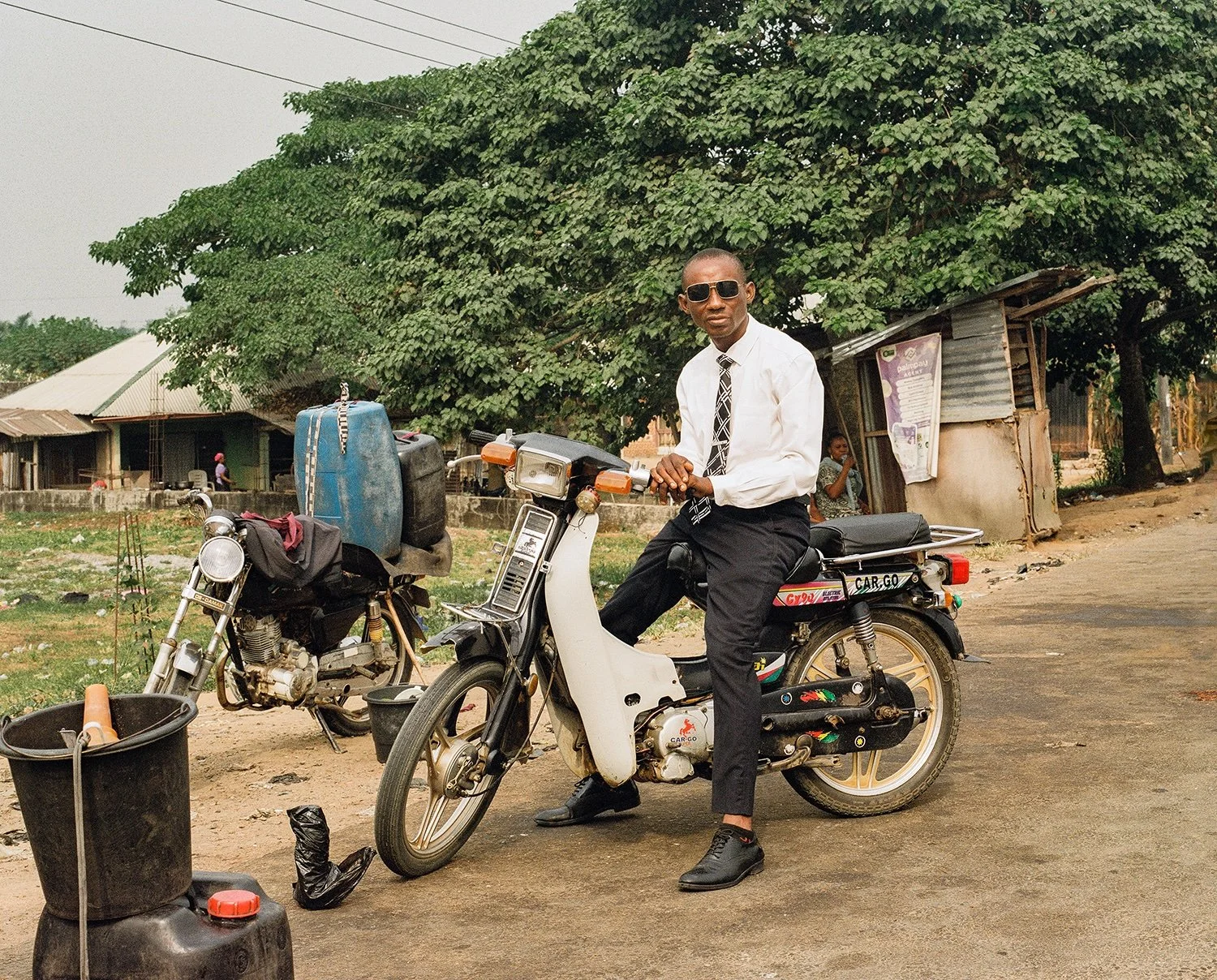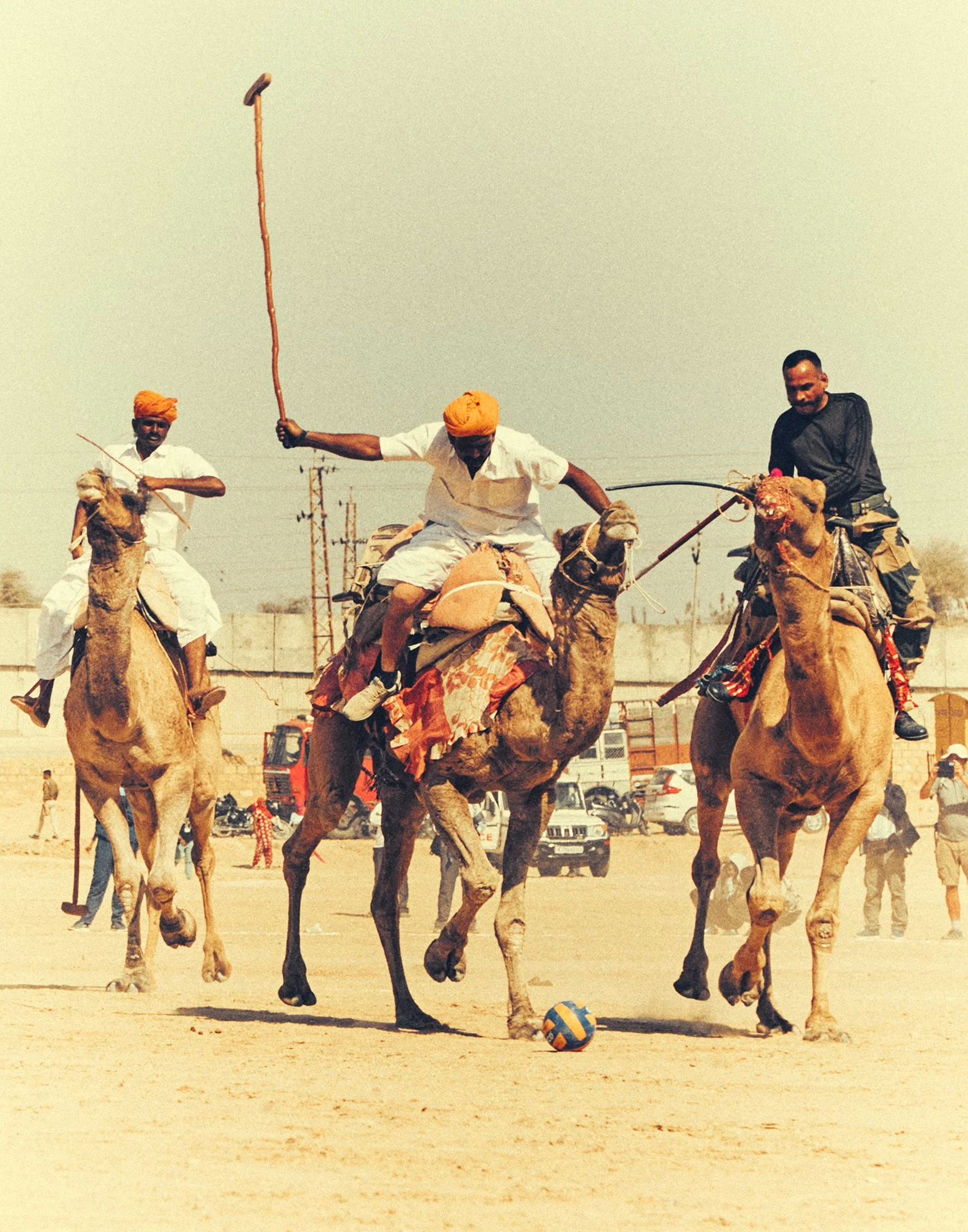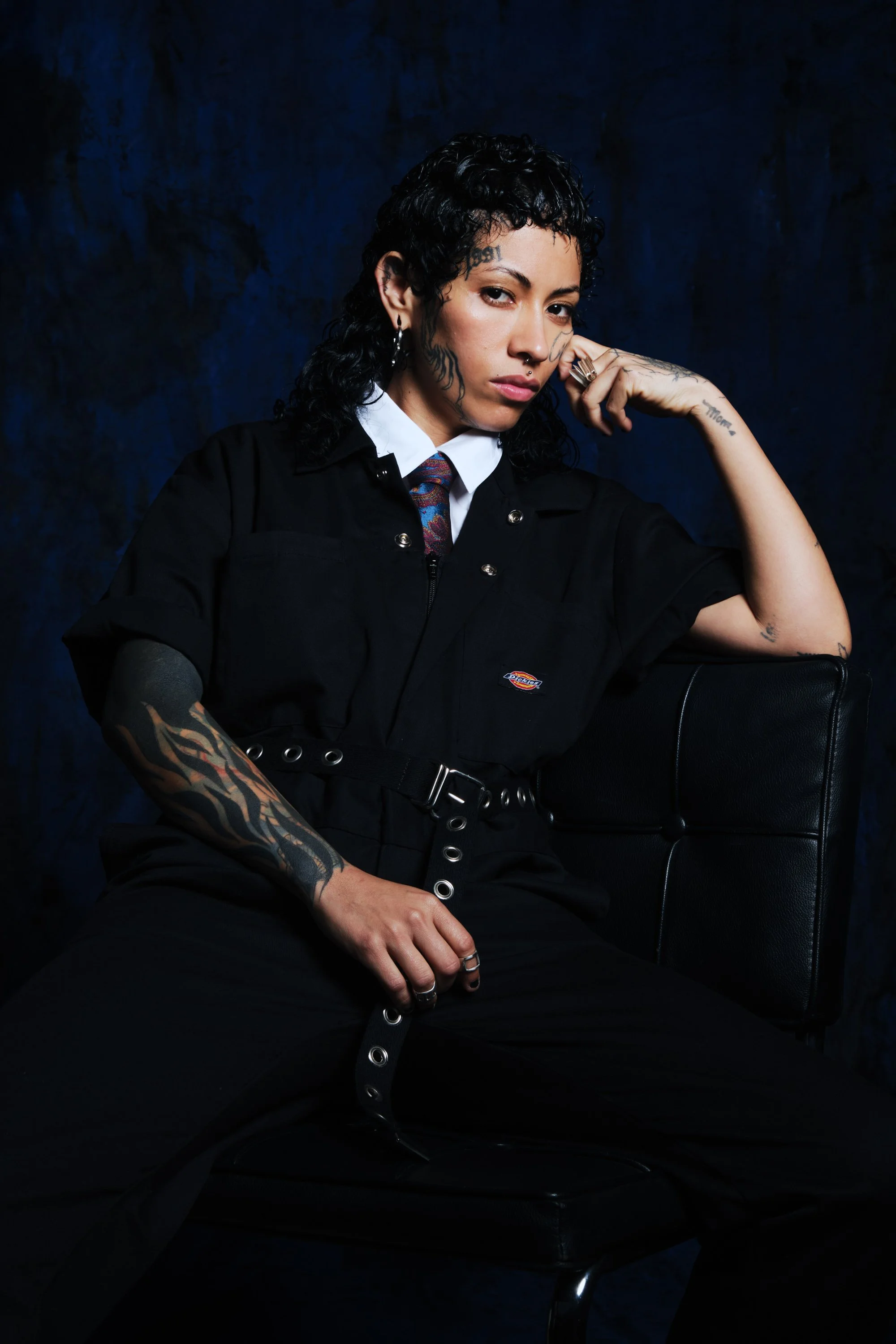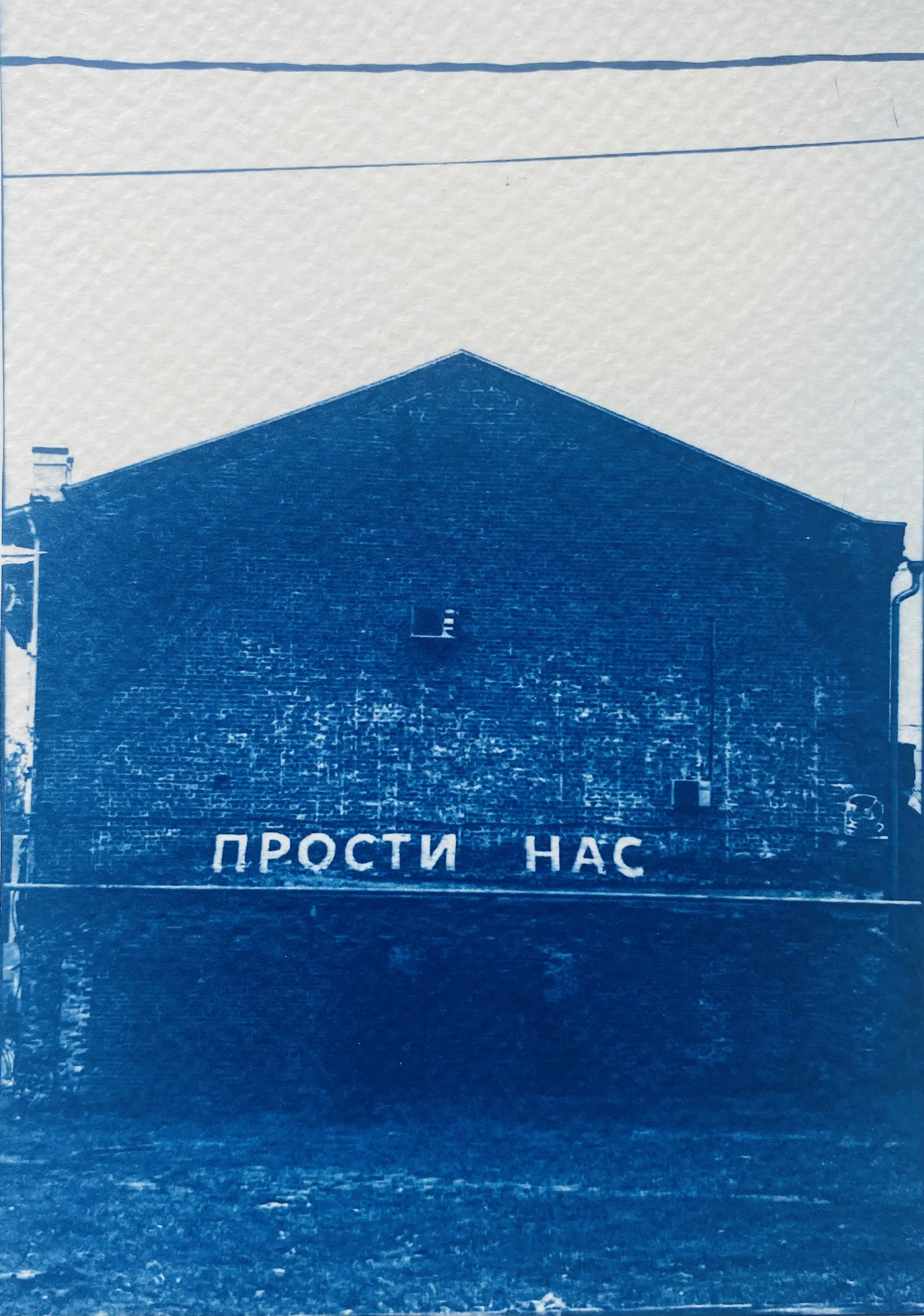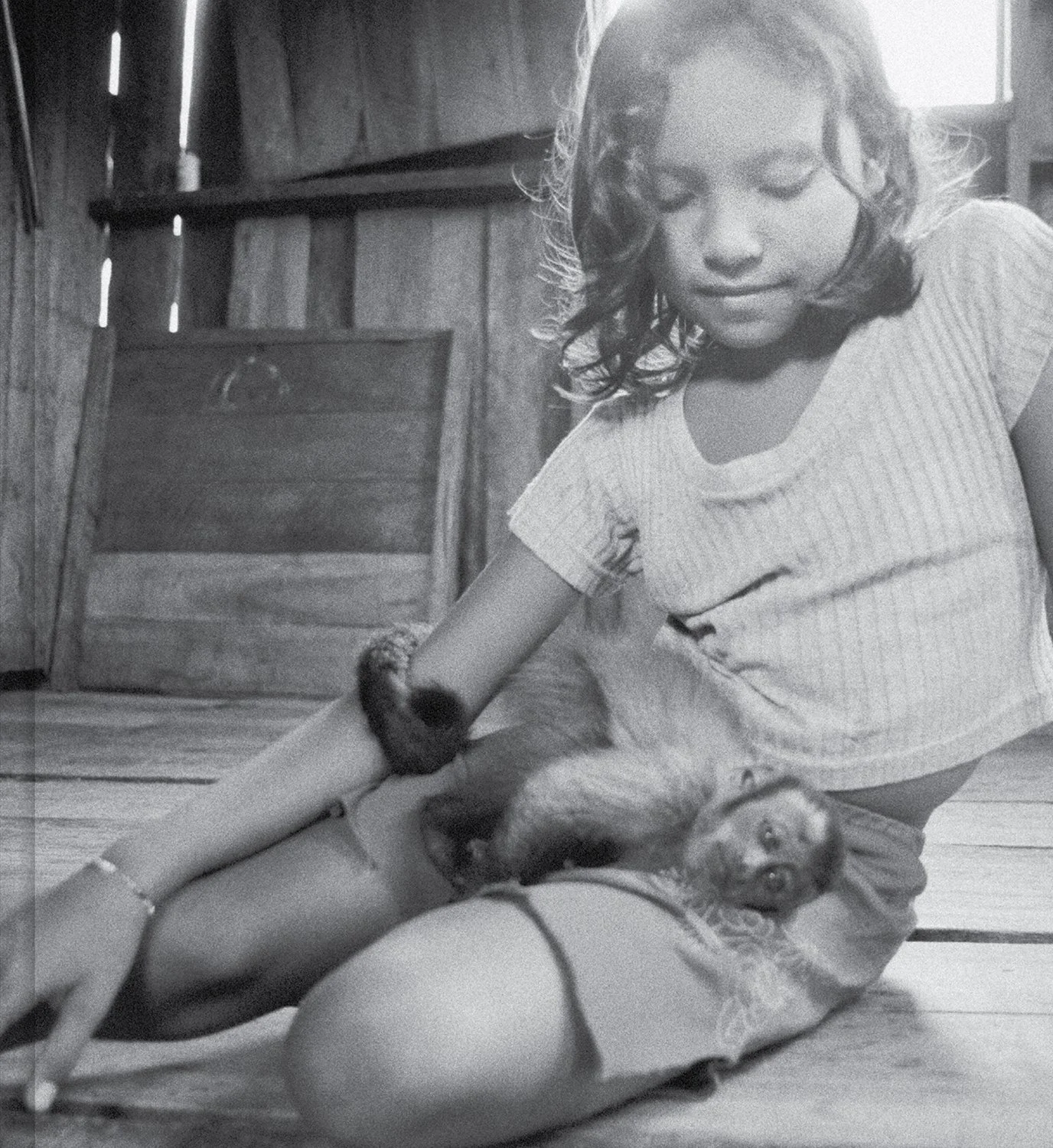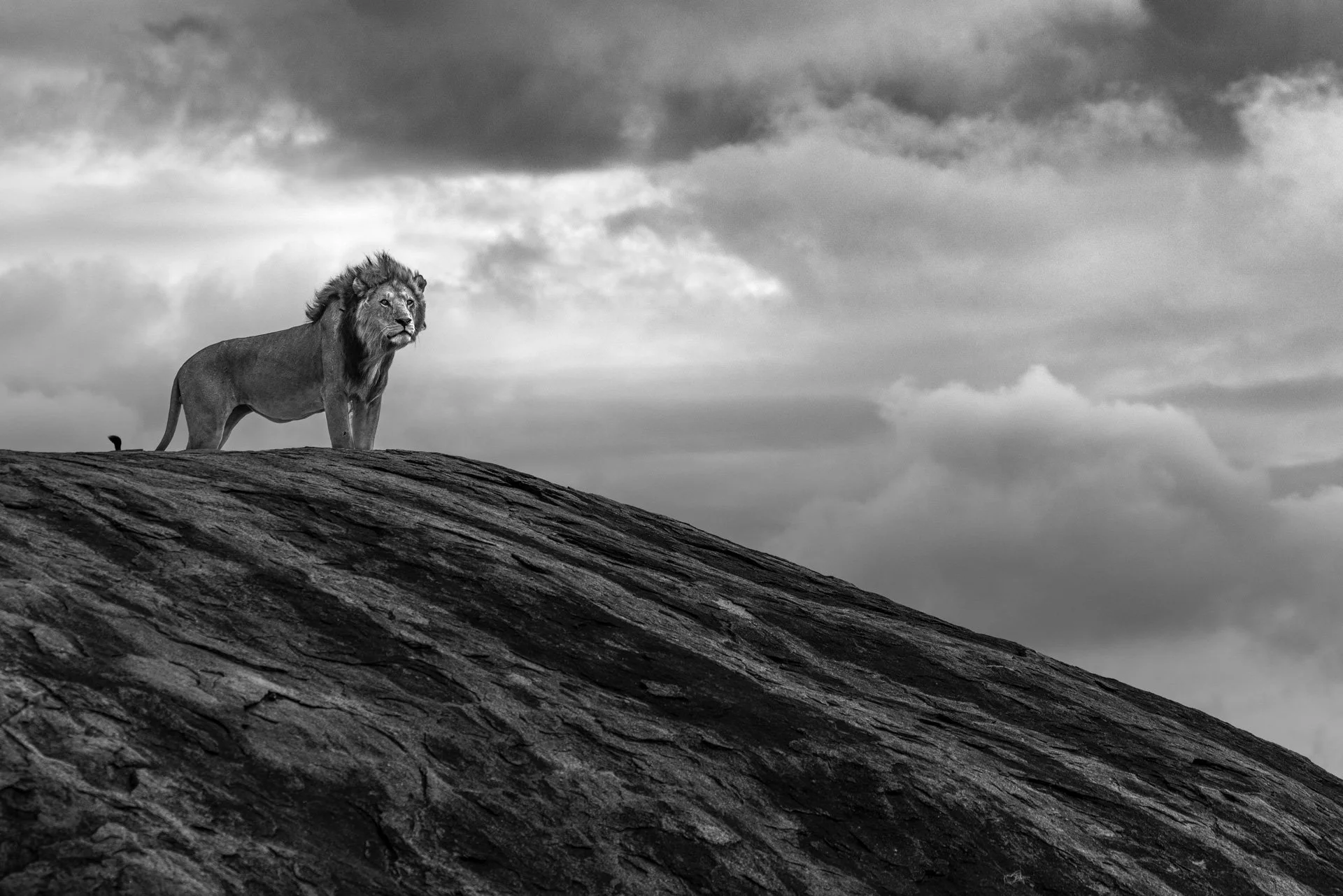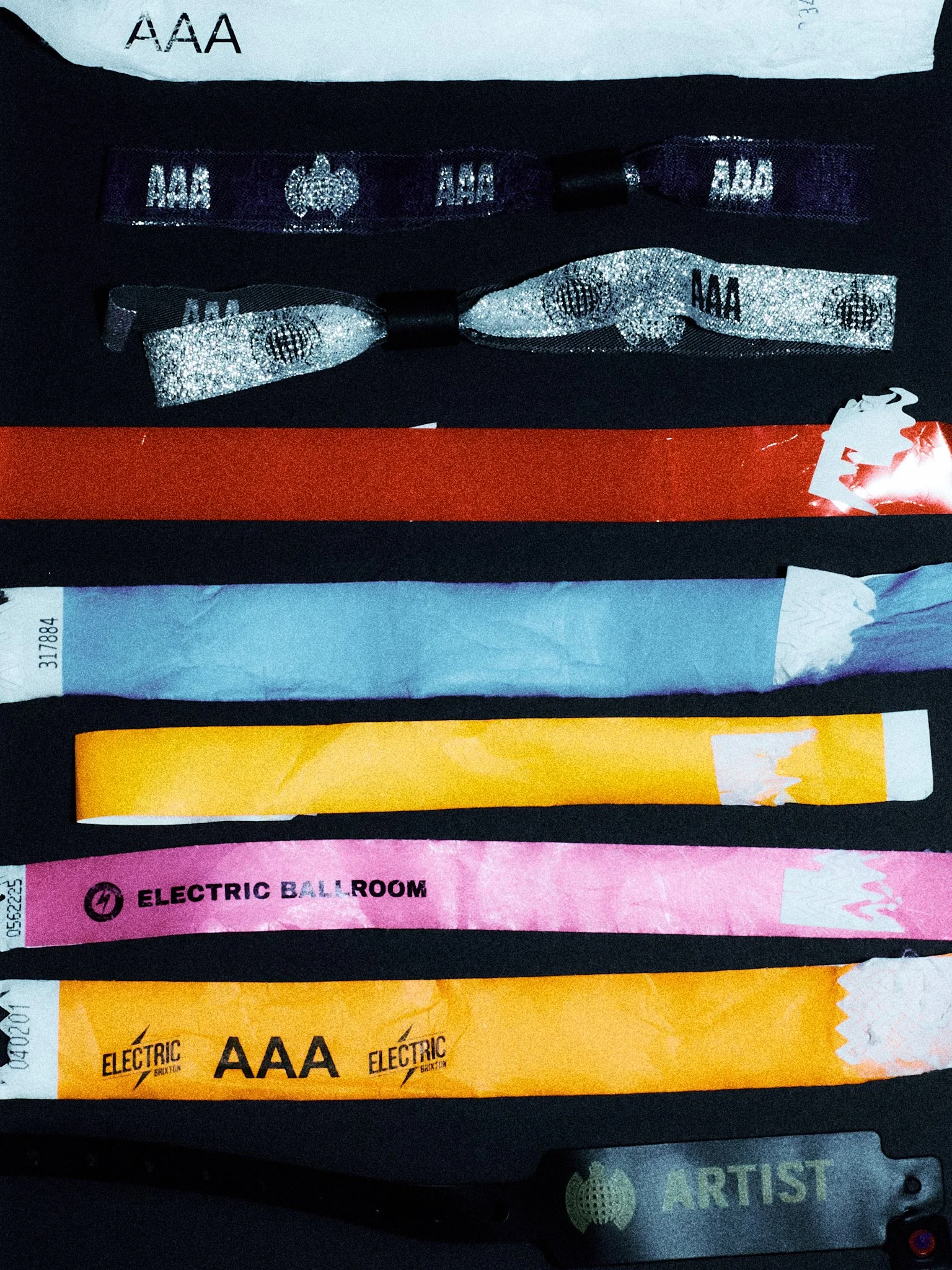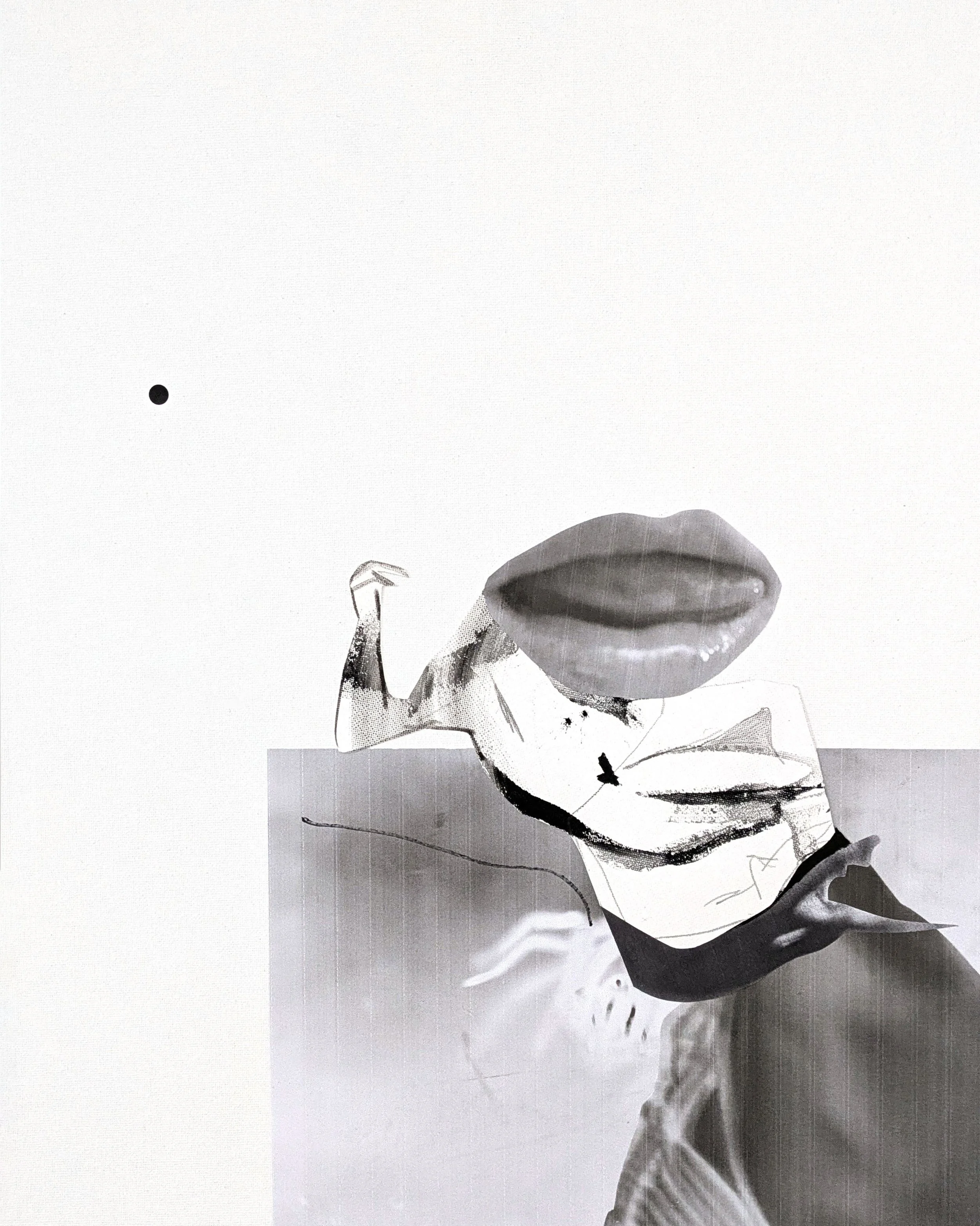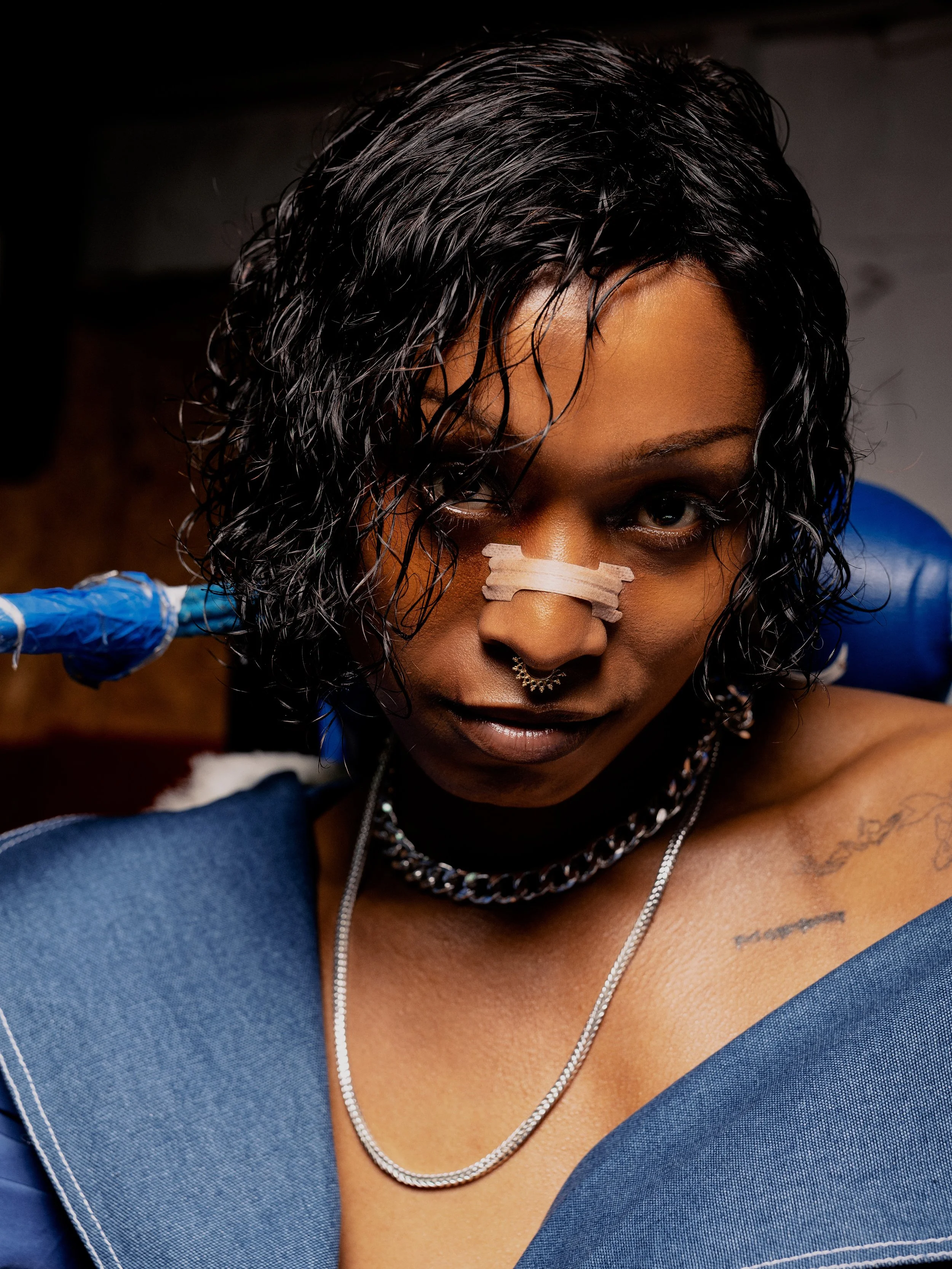Half Alive: Not just entertainment
Josh Taylor (vocals), J. Tyler Johnson (bass) and Bett Kramer (drums) formed Half Alive (also known as half•alive) in Long Beach, California in 2016. In just a few years, they’ve gained recognition and success in the modern pop scene, especially because of their dancey and uplifting electro songs and playful performances. We talked to Josh about the history and philosophy of the trio.
Text: David Saavedra Photography: JC Verona Grooming: Tim Buckle using DavinesHalf Alive (also stylized by them as half•alive) debuted with the self-released EP “3” in 2017, but they were signed by RCA very quickly. Their first album, “Now, Not Yet”, hitted the American charts in 2020, and now they’re presenting, “Conditions Of A Punk”, that was released last December. We caught them in the middle of a European tour that was very satisfactory for them.
Do you think a lot about the dynamics and narrative of your live shows, about the staging?
To answer simply, yes. Ha ha! The narrative of the show is something we have top of mind when we first start putting together the show. The peaks and valleys are really important for guiding the audience through every song and moment. It’s an experience we want, not just entertainment. That means intentional thought about the conversation that happens in the relationship between the audience and the performers. Using the dimensions of the stage to increase or decrease intimacy of the moment, using mystery as currency, etc. It's all very important if you want someone who sees the show to feel like the experience is worth bringing more people to next time.
You made yourself known with the choreography of the video for “Still Feel”. How did you come up with it?
All our choreo is from our very talented collaborators Jordan and Aidan, known professionally as JA collective. I first worked with Jordan on the “Aawake At Night” music video, he choreographed a very small part for me, which I enjoyed so much that I decided to make the next video be 100% choreographed.
Did you feel that it set the bar very high when it came to making the following video clips?
Since then, we’ve used dance in every live show and almost every music video in some sense. How dance is used changes a lot depending on the video. The bar that still feel set for us was how intentional we are with our videos. Since “Still Feel”, we’ve known that video is a strong tool for inviting people into the half•alive universe.
In a way, you are a band that has rescued the act and the impact of the old video clips, which is something that may have been lost, or transformed, in these times of Tik Tok. What videos of other artists do you like, or have inspired you?
Any artist making short form video that is not just for entertainment's sake, or just comedy, or just fishing for views but is pulling people into their art more and inviting people to a bigger story are the artists I applaud and look to for influence. The 1975, Turnstile, Tyler The Creator and Christine & The Queens are some that immediately come to mind.
“The more you fish, the better you get at it.”
The way you present yourselves in public, how you dress, to what extent is it also important to you?
What I decide to wear and what art I decide to make feels quite similar. Both have a choice: Am I wearing or making this to impress someone, because I think someone else thinks cool? Or am I wearing it or making it because I just like it? The answer to that question, and the chasing of doing something because I like it is what gives fashion choices its meaning for me.
I read that just before you started half•alive you were on a songwriting program. Was it useful to you? Is it a good method to compose songs?
Yes, I was challenged by a mentor of mine to write 50 songs before the end of the year, which ended up being a song and a half every week, over the course of seven months. It was the single most beneficial challenge to my skill as a songwriter. It shaped my work method and broke down the “good songs only come when you wait for inspiration” lie that I believed in some sense, even if only a subconscious level. It made the practice of song writing into exactly that, a practice. I think the best word picture for song writing out there is of fishing. Sometimes you catch one, sometimes you don't, but the more you fish, the better you get at it so that when there is a big one, you can reel it in.
At first you were more reticent to compose love songs, why? Is it a more difficult art, one that needs more learning, to live more life perhaps?
This is the first album where we've allowed ourselves to write on the topic of love. To use the fishing metaphor, an honest love song seemed to me to be a fish that I couldn’t catch until I was a better fisherman. Love is such a relatable emotion to write about, which is why there's an endless supply of love songs, but to write one that felt honest to what I was feeling and had depth meant I needed to mature into an understanding of what love wasn’t and what it was. I've come to trade my understanding of love as an emotion, or an act of consumption, into an act of willing the good of another above my own, no matter the cost to myself.
“We are pulled between two forces, one pulling them into life and the other pulling them into death (...) resonated in me as the primary tension that creates meaning.”
Is it true that you and Brett met at church? Are you all practicing Christians? How important is religion in half.alive?
Yes, we did meet at our local church here in Long Beach, we still go there. We are all Christians, but I say that knowing that it’s a very loaded word, and it likely means something different to us than it might to someone else. Our songs are expressions of us, so they talk about physical and spiritual things, some of them about a person and God in the same breath.
In what way have authors like Jung and Freud influenced you?
Before starting half•alive, I went to Cal State Long Beach as a film major. One of my classes was called “The theory of fiction and film” where we broke down the building blocks of narrative. During that class we looked at the psychology of Jung and Freud, in their similarities and differences. I noticed a similar story being told between them and between the story of scripture, that we are pulled between two forces, one pulling them into life and the other pulling them into death, and we end up being in a state of being half alive. That duality between death and life, chaos and order, resonated in me as the primary tension that creates meaning, and it seemed like a cool band name. There lies the influence.
How do you see your future as a band, and what other band trajectories would you like to take as an example?
I'd love our future to be one where we continue to take risks and explore with each release, I hope we get to see increased growth of audience but also with increased health and love for each other. If we do that, it’s a success. If we get big but hate each other, what's the point? There's not a lot of good examples of bands to look up to with that kind of growth and health. The few that come to mind are The 1975, Coldplay, Phoenix and Big Thief.
